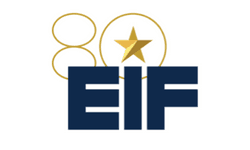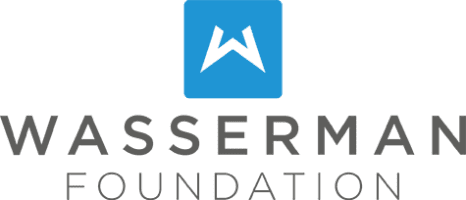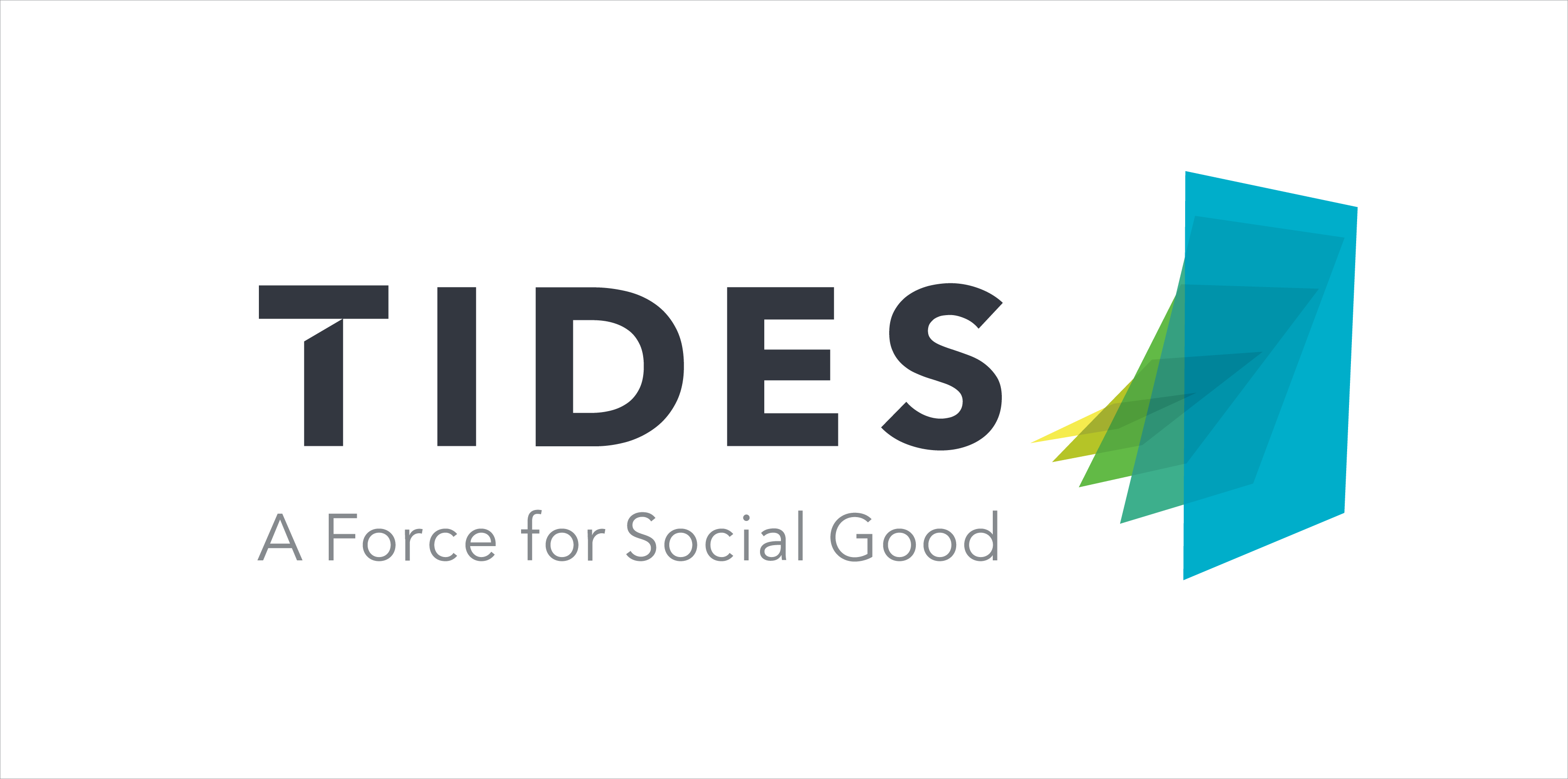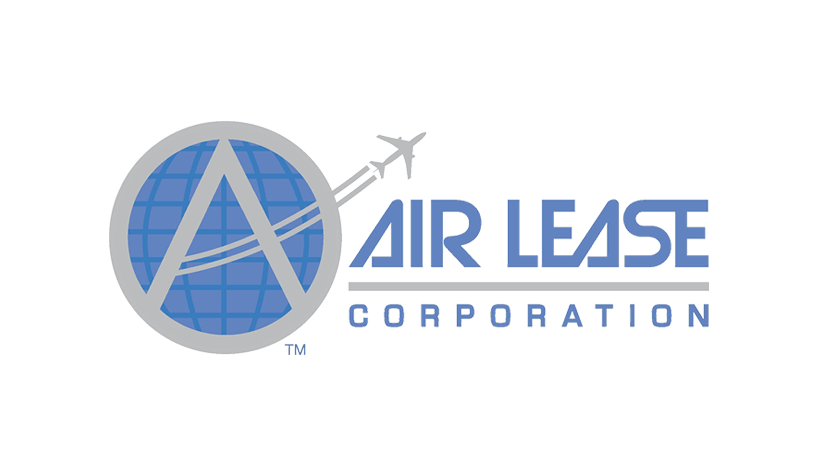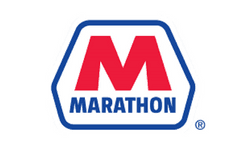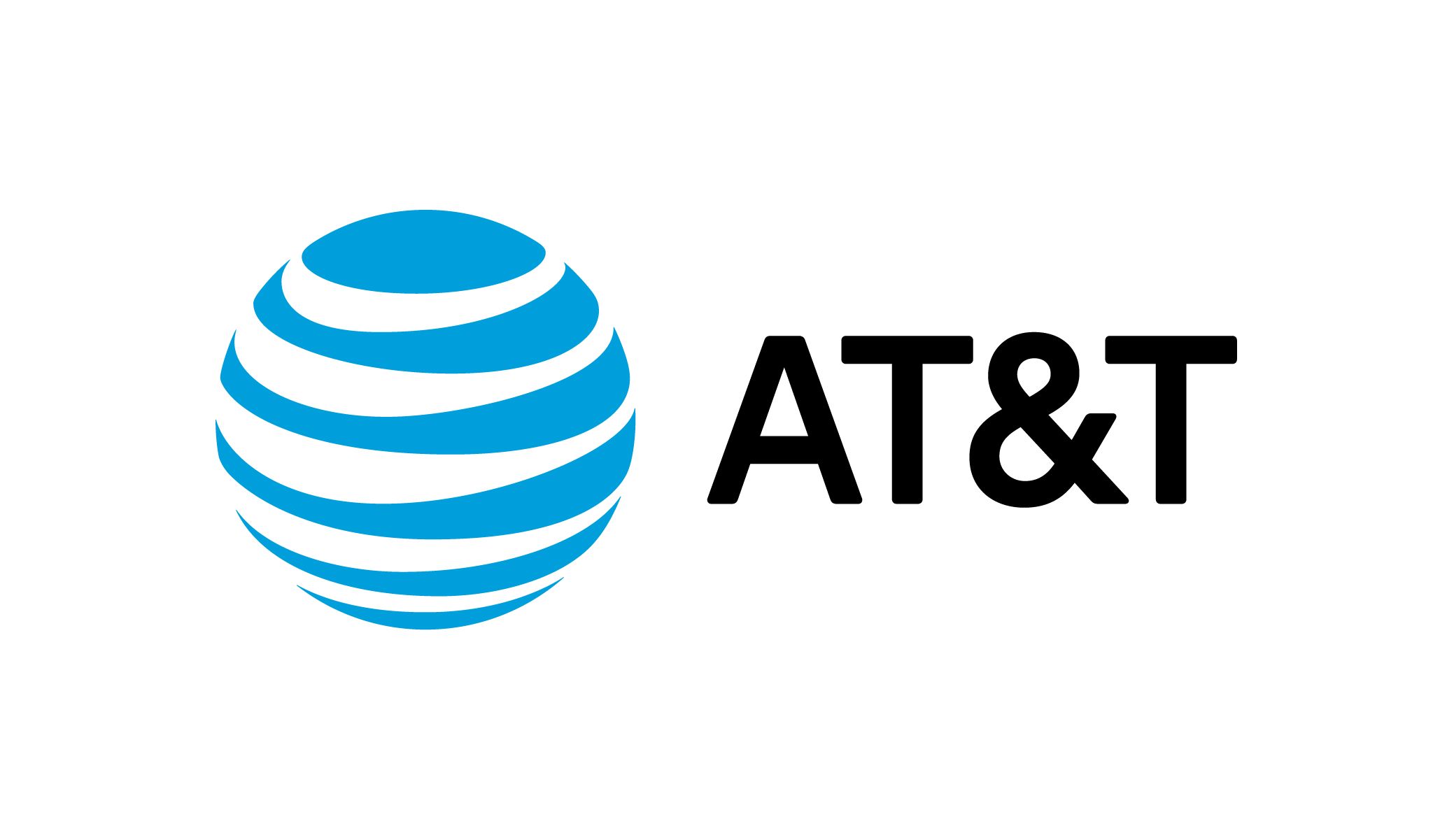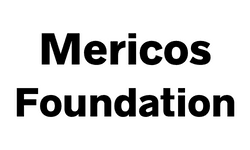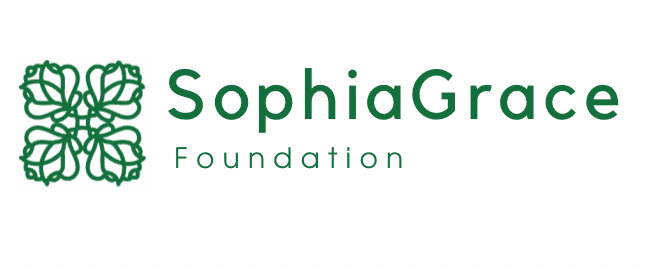CURRENT FUNDING PRIORITIES
The LAFD Foundation channels community and corporate support into tangible resources for L.A.'s firefighters. For more than a decade, the LAFD Foundation has bridged critical gaps to secure essential equipment and support vital safety programs that would otherwise go unfunded. Every donated dollar has a direct and meaningful impact on those who risk their lives to keep Los Angeles safe.
Just 3% of the city's fire budget is allocated for everything from fire engines to flashlights.
Firefighters often rely on equipment that is in use well beyond its intended service life.
As the Fire Department’s official non-profit arm, the LAFD Foundation focuses its fundraising efforts on projects that:
- Improve firefighter health, safety and wellness
- Affect firefighters' ability to perform their life-saving duty
- Expand the resources relied upon to protect lives, homes and the environment
The Foundation works closely with Fire Chief Kristin Crowley, her leadership team, and various LAFD specialty units to determine immediate funding needs and ongoing support opportunities. Current funding objectives are listed below.

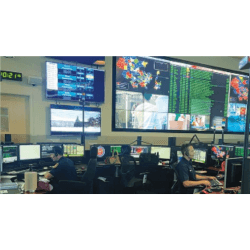
Video Aided Dispatch Technology
Total Cost: $400,000
The Los Angeles Fire Department (LAFD) is facing significant challenges including a 55% increase in 911 call volume since 2010 and a reduction of 68 firefighters due to budget cuts. In 2023, the LAFD managed over 500,000 calls, with 80% for emergency medical issues. Dispatchers often rely on caller descriptions, which can lead to the misallocation of resources. For example, a minor injury might result in an over-dispatch of units, while a report of a small fire might not mention nearby hazards, necessitating additional resources later.
To address these challenges, LAFD proposes integrating video-aided dispatching technology, 3 This approach enhances the accuracy of dispatching appropriate resources, improving response times and public safety.
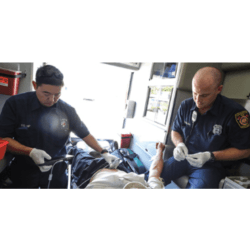
Advance Provider Response Unit (APRU)
Medical Equipment and Medications
Total Cost: $60,000
The LAFD responds to over 500,000 calls annually, with many involving low-acuity patients who unnecessarily crowd emergency rooms. This issue, compounded by the high number of incidents involving people experiencing homelessness, strains resources and extends ambulance wait times at hospitals. There is a critical need for a solution that addresses these inefficiencies and improves the overall emergency medical response.
The LAFD launched Advanced Provider Response Units (APRUs) to address this issue. Each unit pairs a paramedic with a nurse practitioner to provide on-site care and reduce hospital transports. This program has significantly decreased ER congestion, improved patient outcomes, and lowered healthcare costs.
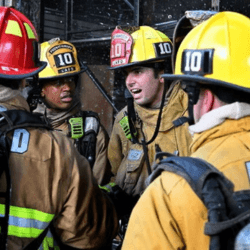
Structure Fire Helmets
Unit Cost: $330 | 3,500 Units Requested
Total Raised as of July 2024: $600,000
Structure fire helmets are designed to minimize head and neck injuries, deflect falling objects, and protect firefighters from hazardous debris. Because of the high volume of structure fires that the Los Angeles Fire Department (LAFD) responds to daily, up-to-date helmets with increased functionality are a critical necessity for firefighter protection.
When the Mayor appointed LAFD Fire Chief Kristin Crowley in March 2022, she identified firefighter safety and wellness as her key priority. This included ensuring that the LAFD had the most up-to-date equipment with the latest technological safety advancements.
After her appointment, Chief Crowley visited local fire stations and spoke to the LAFD personnel about the concerns. She learned that the firefighters were not satisfied with the current structure fire helmets and heard numerous complaints about the helmet’s weight, eye protection, and adjustable straps.
Recognizing the pivotal role structure fire helmets play in a firefighter's personal protective gear, Chief Crowley made it a priority to reevaluate and upgrade these essential components and has requested the LAFD Foundation’s assistance to purchase new helmets.

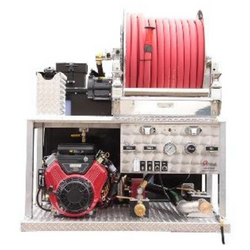
BRUSH PATROL SKID UNITS
Unit Cost: Approximately $15,000 | Two Units Needed
Total Cost: $30,000
Skid units consist of a motor, high-powered water pump, 200-gallon reservoir, and 200 feet of hose, and all are affixed on an aluminum frame. The skid units are designed to be easily mounted to the bed of a pickup truck. These units can be converted from a standard department pickup truck into a versatile firefighting resource.
Just a two-member crew can operate skid unit-equipped pickups. During brush fires, they are primarily deployed to extinguish hot spots or defend high-risk areas and residential communities from encroaching flames. Strategic use of skid unit-equipped trucks allows the Department to keep larger apparatus at the forefront of the firefights. The LAFD requests help outfitting six existing brush patrol pickups with new skid units.

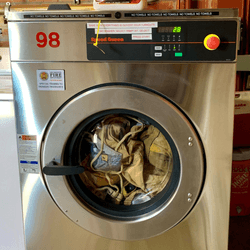
EXTRACTORS
Unit Cost: Approximately $9,500 | Six units needed
Total Cost: $58,000
Due to their frequent and prolonged exposures to carcinogens, firefighters are 14% more likely to die of cancer-related illness. Extractors are a vital asset in the LAFD’s fight to reduce occurrences of occupational cancer.
These machines are essentially commercial-grade washers that remove carcinogens and other harmful particulates from soiled and contaminated turnout gear. An extractor purges toxins from turnout gear with the power and speed of 100-Gs (one hundred times the force of gravity).
Having an extractor on-site at each fire station is the LAFD’s goal, so firefighters can immediately wash their contaminated gear upon returning from an incident. The LAFD Foundation aims to purchase six extractors during the FY22-23 cycle.

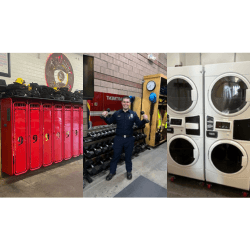
Adopt-A-Fire-Station Program
Average Cost of Fire Station Request: $4,000
Total Amount Requested: $300,000 to support current needs
As one of the most important programs directly impacting the LAFD members on a daily basis, the Adopt-A-Fire-Station (AAFS) program strives to maintain the operational quality of the equipment and appliances in each of the 106 LAFD fire stations. These fire stations serve as a second “home” for their members who live and work there 24/7. The constant around-the-clock use of equipment and appliances results in a shorter lifespan and more frequent repair incidents for these everyday essential items. Before the AAFS program existed, LAFD members had to cover these replacement and repair costs themselves.
The requested funding will be allocated to stations in underserved communities that receive limited financial support from neighboring businesses and community members.
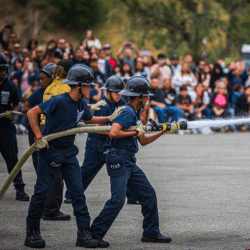
LAFD Youth Programs
Total Amount Requested: $150,000
The LAFD Foundation funds four LAFD Youth Programs: Camp SPARK (formerly known as Girls Camp), Youth F.I.R.E. Academies, Cadets, and the Fire and EMS Magnet High Schools. These programs offer students the opportunity to learn about a career in the fire service through engaging in task-driven activities where they develop skills in leadership and teamwork. These programs also play a significant role in building confidence and the skills learned can be applied to all aspects of their lives, whether or not they choose the fire service.
These Youth Programs serve to create a pipeline that supports the Department’s recruitment efforts to hire local candidates that reflect the diverse communities served by the LAFD. Growing numbers of newly hired LAFD recruits and drill tower participants credit the Youth Programs as the life-changing catalyst that propelled them toward a career with the LAFD.
For more information about the funding priorities outlined above, please contact:
Tara Gurlides
Development Director
(310) 552-4139
Tara@supportLAFD.org



